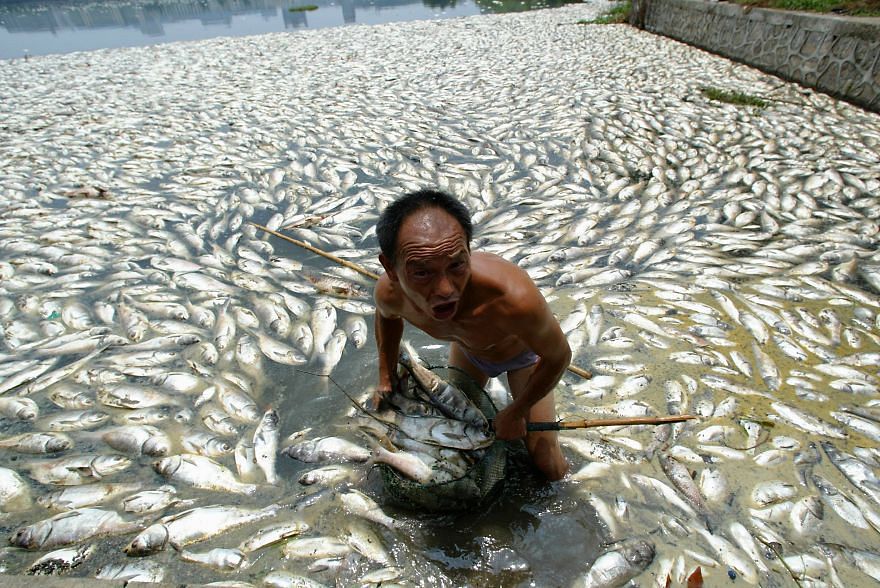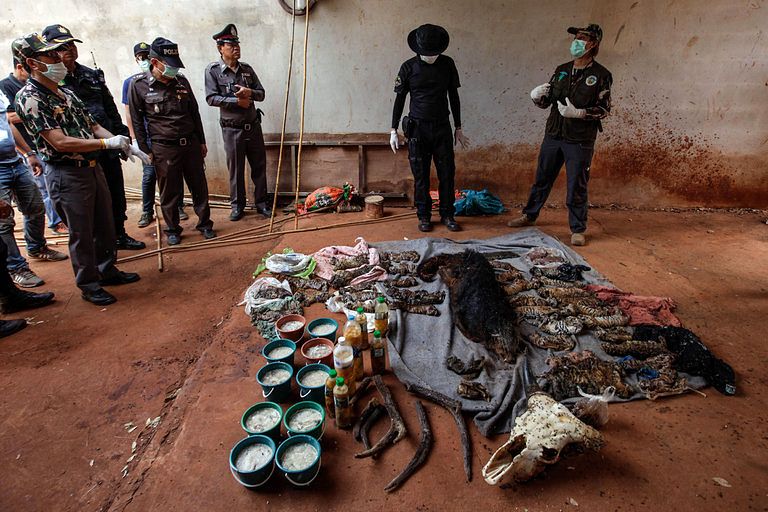As much as 60% of plastic pollution in the ocean comes from only five countries. Unfortunately, Vietnam is among them.
According to a recent study from environmental organization Ocean Conservancy, Vietnam, China, the Philippines, Thailand and Indonesia are responsible for over half of the plastic waste dumped into the ocean each year.
However, rather than dwelling on the bad news, Ocean Conservancy's study poses several suggestions on reducing plastic waste from the offending nations. If the five countries could cut down their plastic leakage by 65% each, the effort would reduce the global total by 45% by 2025, reports Fast Company's Fast Co.Exist blog.
Steps as simple as expanding garbage services, using more rubbish for energy generation, closing leakage points in collection facilities and taking some high-value plastics out of the overall waste-stream could go a long way to minimizing plastic pollution, the study argues, and would cost each nation roughly US$5 billion a year.
While environmental efforts and the funds that drive them tend to take a back seat to development – middle-income countries are some of the worst pollution offenders, according to Fast Company – in many developing nations, the study points out that such changes could benefit the economy as well as the overall state of global pollution.
“This study outlines a path that can generate considerable benefits to communities, preserve the bio-productivity of the ocean and reduce risks for industry,” reads the report. “Concerted action in the form of a $5 billion annual ramp-up in waste-management spending could create a vibrant secondary resource market, trigger investment in packaging and recovery systems and let the ocean thrive.”
The study's authors considered 33 potential options for the five countries, developing different strategies tailored to each country's needs. For instance, 84% of China's waste comes from the fact that rubbis is not regularly collected, making improved garbage services a more useful program there, while 74% of the Philippines' waste comes from leakage at collection points, meaning different tactics are required to improve plastic leakage.
When it comes to working toward a greener, cleaner Saigon, we all know the drill: recycle what you can, make sure your litter makes it into the trash can and opt for reusable bags over disposable packaging like Styrofoam and plastic. But it's also worth noting that recycling alone doesn't solve the problem: 80% of plastic isn't of a high enough value to attract collection centers or waste pickers, meaning that these additional methods are a must.
As countries around the world come together to combat climate change – 195 nations just signed a landmark climate accord in Paris yesterday, committing to lowering greenhouse gas emissions – developing countries no longer have the ability to ignore their environmental impact. Hopefully, Vietnam will put forth its own efforts to clean up plastic leakage.
[Photo via epSos .de]














